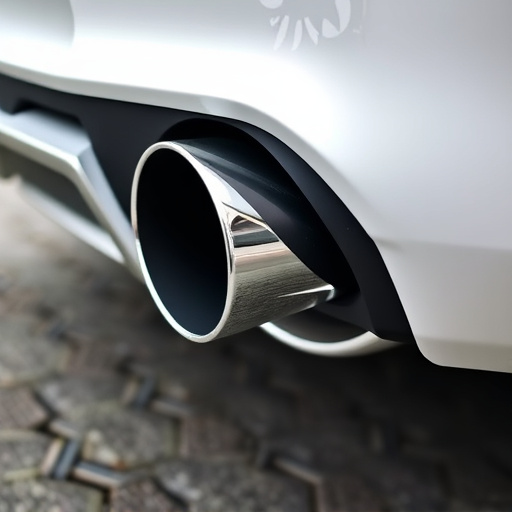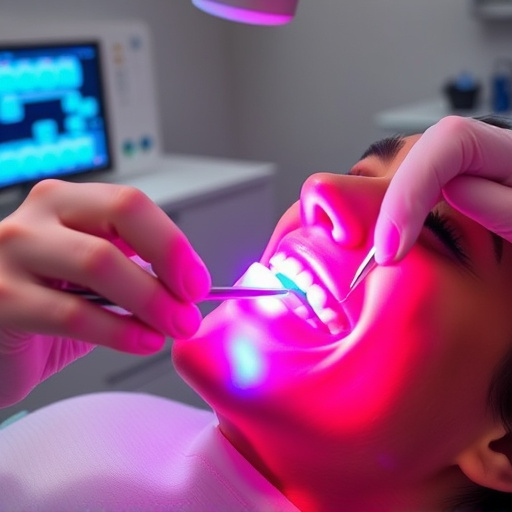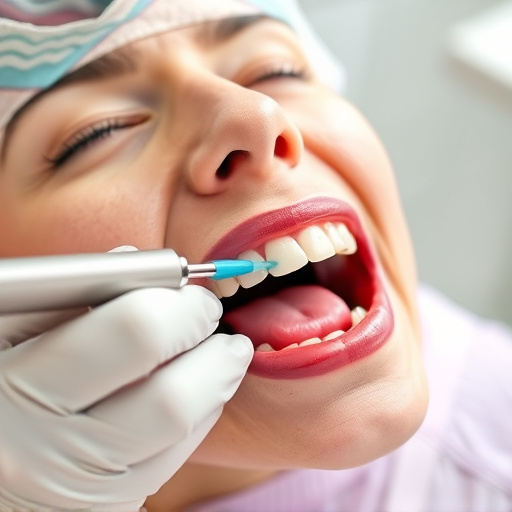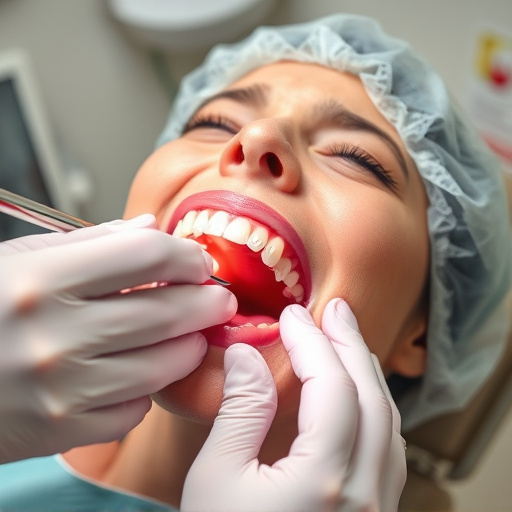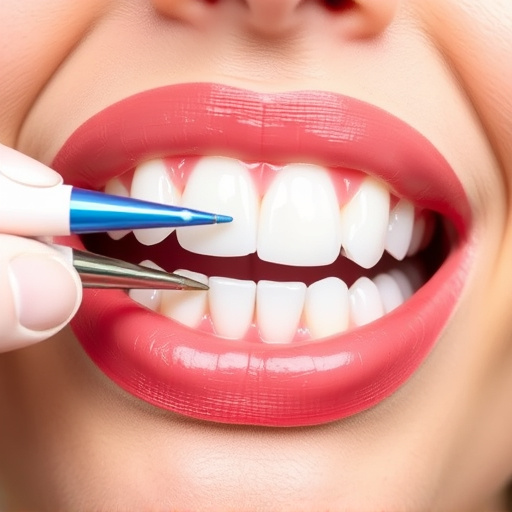Flossing is a vital component of dental health maintenance, complementing brushing by reaching areas toothbrushes miss, thus preventing gingivitis, periodontitis, and protecting against dental implant or cosmetic dentistry complications. Regular flossing and mouthwash use remove plaque and food debris, minimize tartar buildup, reduce tooth decay risk, promote fresh breath, enhance overall mouth health, and bolster the effectiveness of other oral care tools like dental bonding.
Dental health maintenance is a multifaceted approach, with flossing and mouthwash as key components. This article delves into these essential practices, exploring their vital roles in maintaining optimal oral hygiene. We’ll discuss the significance of removing plaque and food debris through flossing, proper techniques and tools, and its benefits for periodontal health. Additionally, we’ll examine mouthwash’s antibacterial properties, diverse types, and how to seamlessly integrate it into your daily routine for comprehensive dental health maintenance.
- The Role of Flossing in Dental Health Maintenance
- – Importance of removing plaque and food debris
- – Proper flossing techniques and tools
The Role of Flossing in Dental Health Maintenance
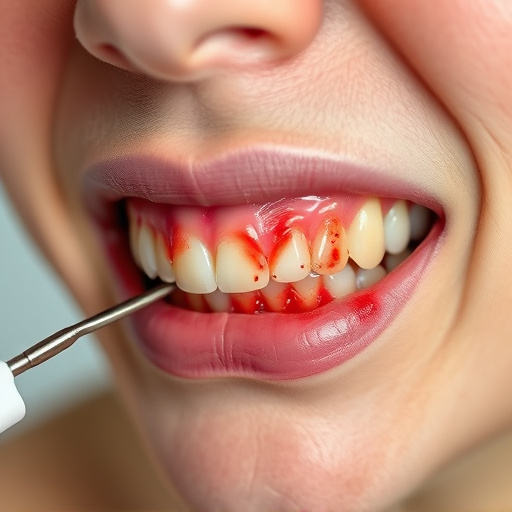
Flossing plays a pivotal role in holistic dental health maintenance. It’s a crucial step beyond brushing that addresses areas toothbrushes can’t reach, effectively removing plaque buildup and food particles trapped between teeth and along the gumline. This simple yet powerful practice is essential for preventing dental issues like gingivitis, periodontitis, and even more serious conditions such as dental implants becoming compromised or cosmetic dentistry procedures looking less than ideal due to increased inflammation and decay.
By integrating flossing into daily routines, individuals not only mitigate the risk of extensive dental work later but also contribute to fresh breath and a vibrant smile. Moreover, regular flossing supports the overall health of the mouth, reflecting on one’s general well-being. It’s a simple step with profound implications for maintaining healthy teeth and gums, setting the stage for effective use of other oral care tools like mouthwash to enhance dental bonding and ensure a robust dental care regimen.
– Importance of removing plaque and food debris
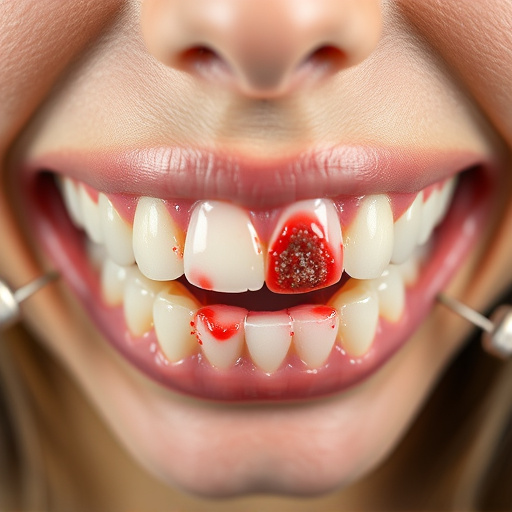
Maintaining optimal dental health goes beyond regular brushing. One of the cornerstones of comprehensive dental care is the removal of plaque and food debris from between teeth and along the gumline. Plaque, a sticky film of bacteria, constantly forms on our teeth and gums. If not thoroughly removed, it can harden into tartar, contributing to various dental issues such as gingivitis and periodontitis.
Moreover, failing to dislodge trapped food particles allows bacteria to proliferate, leading to decay and potentially necessitating procedures like tooth repair or cosmetic fillings. Effective flossing and mouthwash use are instrumental in this process, ensuring that areas beyond the reach of a toothbrush are cleansed, promoting fresh breath, and safeguarding against long-term dental complications related to poor plaque control.
– Proper flossing techniques and tools
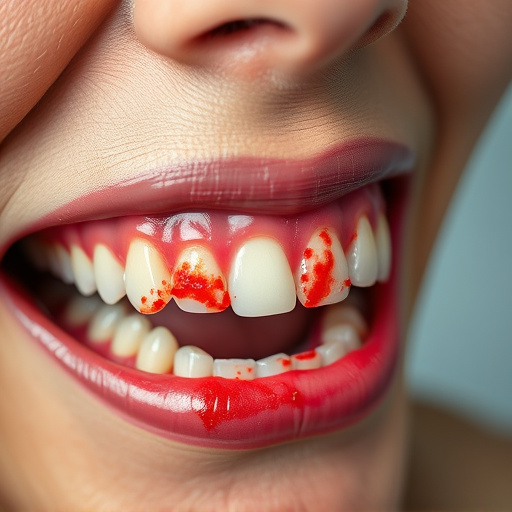
Maintaining good dental health involves a thorough understanding and consistent practice of proper flossing techniques. Flossing is a fundamental aspect of oral care that removes plaque buildup and food particles between teeth, areas a toothbrush cannot reach effectively. The key to successful flossing lies in using the right tools and applying gentle yet firm pressure along the tooth surface and gum line. Dental floss, either waxed or unwaxed, is the traditional tool, but water flossers (or water picks) are also available, offering a more comfortable alternative for some users.
For optimal dental health maintenance, employ these techniques: gently guide the floss between teeth using a rubbing motion, forming a curve around each tooth as you reach the gum line; be careful not to snap the floss onto gums, which can cause damage; and ensure every surface of every tooth is cleaned. Regular flossing, combined with mouthwash use, significantly reduces the risk of dental issues like gingivitis, periodontitis, and even necessitating procedures like tooth extractions or cosmetic fillings, and enhances the overall health and aesthetic appeal of your smile through practices such as cosmetic dentistry.
Maintaining optimal dental health involves a simple yet effective routine: flossing and mouthwash. By incorporating these practices, individuals can effectively remove plaque and food debris, preventing dental issues. Flossing, an essential part of dental care, ensures the removal of hard-to-reach particles, while mouthwash complements this process by reducing bacteria and freshening breath. Together, these habits contribute significantly to a healthy smile and overall well-being, highlighting the importance of including them in daily routines for effective dental health maintenance.
